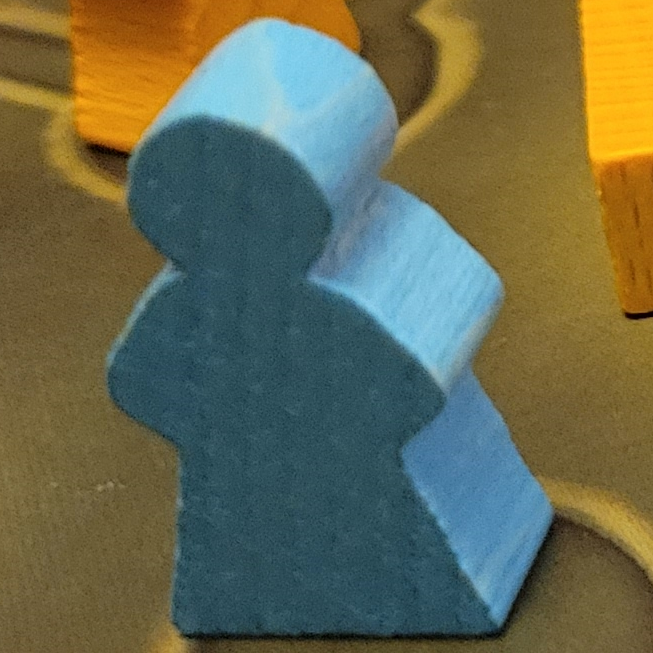🇨🇦🇩🇪🇨🇳张殿李🇨🇳🇩🇪🇨🇦
- ZDL@ttrpg.network
- Banned
- 0 Posts
- 0 Comments
Joined 2 years ago
Cake day: November 14th, 2023
You are not logged in. If you use a Fediverse account that is able to follow users, you can follow this user.
- 🇨🇦🇩🇪🇨🇳张殿李🇨🇳🇩🇪🇨🇦@ttrpg.networkBannedto
 7·6 months ago
7·6 months agoRemoved by mod
- 🇨🇦🇩🇪🇨🇳张殿李🇨🇳🇩🇪🇨🇦@ttrpg.networkBannedto
 3·6 months ago
3·6 months agoRemoved by mod
- 🇨🇦🇩🇪🇨🇳张殿李🇨🇳🇩🇪🇨🇦@ttrpg.networkBannedto
 2·6 months ago
2·6 months agoRemoved by mod
- 🇨🇦🇩🇪🇨🇳张殿李🇨🇳🇩🇪🇨🇦@ttrpg.networkBannedto
 2·6 months ago
2·6 months agoRemoved by mod
- 🇨🇦🇩🇪🇨🇳张殿李🇨🇳🇩🇪🇨🇦@ttrpg.networkBannedto
 3·6 months ago
3·6 months agoRemoved by mod
- 🇨🇦🇩🇪🇨🇳张殿李🇨🇳🇩🇪🇨🇦@ttrpg.networkBannedto
 1·6 months ago
1·6 months agoRemoved by mod
- 🇨🇦🇩🇪🇨🇳张殿李🇨🇳🇩🇪🇨🇦@ttrpg.networkBannedto
 4·6 months ago
4·6 months agoRemoved by mod
- 🇨🇦🇩🇪🇨🇳张殿李🇨🇳🇩🇪🇨🇦@ttrpg.networkBannedto
 54·6 months ago
54·6 months agoRemoved by mod
- 🇨🇦🇩🇪🇨🇳张殿李🇨🇳🇩🇪🇨🇦@ttrpg.networkBannedto
 64·6 months ago
64·6 months agoRemoved by mod
- 🇨🇦🇩🇪🇨🇳张殿李🇨🇳🇩🇪🇨🇦@ttrpg.networkBannedto
 31·6 months ago
31·6 months agoRemoved by mod
- 🇨🇦🇩🇪🇨🇳张殿李🇨🇳🇩🇪🇨🇦@ttrpg.networkBannedto
 71·6 months ago
71·6 months agoRemoved by mod
- 🇨🇦🇩🇪🇨🇳张殿李🇨🇳🇩🇪🇨🇦@ttrpg.networkBannedto
 51·6 months ago
51·6 months agoRemoved by mod
- 🇨🇦🇩🇪🇨🇳张殿李🇨🇳🇩🇪🇨🇦@ttrpg.networkBannedto
 2·6 months ago
2·6 months agoRemoved by mod
- 🇨🇦🇩🇪🇨🇳张殿李🇨🇳🇩🇪🇨🇦@ttrpg.networkBannedto
 3·6 months ago
3·6 months agoRemoved by mod
Removed by mod
Removed by mod
- 🇨🇦🇩🇪🇨🇳张殿李🇨🇳🇩🇪🇨🇦@ttrpg.networkBannedto
 2·6 months ago
2·6 months agoRemoved by mod
Removed by mod